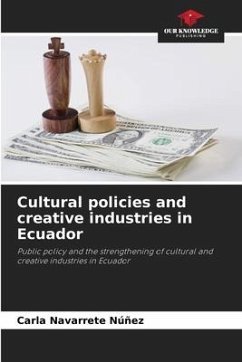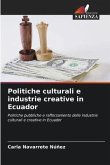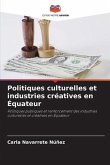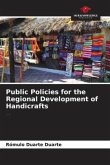Conceptualizing and defining culture has been an arduous task and even more so designing cultural policies that link the contributions of citizens and their realities based on the conception of what is understood by cultural and creative industries. Historically, Ecuador did not have a national cultural system that brings together cultural institutions and despite this reality, there have been spaces for dialogue to conceptualize culture, learn about cultural rights and seek mechanisms to design community-based cultural policies from that base. Consequently, after long debates and citizen demands to have a cultural regulation that protects and fulfills the cultural rights of every citizen, on December 30, 2016 the Organic Law of Culture is published in the Official Gazette No. 913. From the Law, the regulations to it are issued, an opportune moment to know what are the cultural rights, the object and scope of the law. Finally, as a result of the enactment of the law, research on Ecuador's cultural and creative industries is increasing. Debates that analyze concepts, achievements, benefits and contributions.
Bitte wählen Sie Ihr Anliegen aus.
Rechnungen
Retourenschein anfordern
Bestellstatus
Storno








